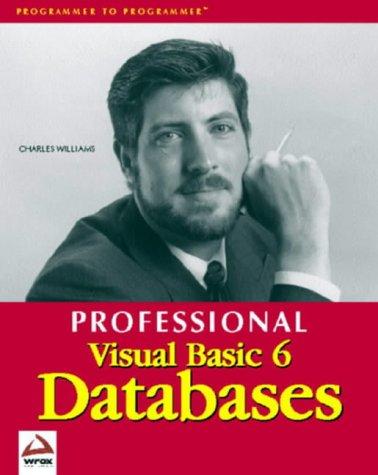Question
3. Using the 8-element array below, give examples (words are fine, it doesn't need to be code) to show the differences between base addressing, absolute
3.
Using the 8-element array below, give examples (words are fine, it doesn't need to be code) to show the differences between base addressing, absolute addressing (which you should never actually use), and indirect addressing. (it's up to you to label the addresses however you want).
E.g. "j 4" is an example of absolute addressing that leads to no instruction
Address Data @ Address
0 add A + B
1 "Cats"
2 7
3 4
4
5
6
7 Jawa
4.
Write a MIPS program that keeps asking a user for a number, if that number is 9999 (integer) the program should print "Break" and the program should exit. (If the number is not 9999 the program can just ask for another number and does nothing else)
(You can paste your code here)
5.
Describe the process by which an assembly language compiler handles pseudo instructions, and why there are pseudo instructions at all.
6.
The textbook repeatedly and strongly argues for reduced instruction sets, on the basis that essentially 'it's easier to make fewer instructions fast, and that produces better results', but desktop processors such as from Intel and AMD are complex instruction sets. Discuss what CISC does better than RISC and why.
7.
For these questions simply work in binary integers, and ignore overflow, NAN, etc. 4 marks total
Add:
Subtract:
Multiply:
Divide:
8.
Assume an 8-bit floating point format where the result must be properly represented (where possible). Our 8-bit format uses the first bit for a sign, the next 4 for an exponent (bias=7) and then 3 for the fraction.
Convert the following into base 10 (or if you can't, try, and explain what went wrong.)
0 1001 101
1 0101 100
9.
Perform the following calculations in our binary floating-point format, your answer should be in our 8-bit minifloat format, and your steps should be in minifloat.
Addition (Floating point)
0 0111 101 + 0 1001 010
Subtract (Floating Point)
0 1010 010 - 0 1001 110
Multiply (Floating Point)
Divide (floating point)
0 1011 011 / 0 0111 011
10.
There are 175 students in this course, and one instructor. Estimate the bandwidth required if we held a virtual class where all 175 students were streaming themselves at 240p (426x240 pixels with 24 bits of colour data/pixel) 30 frames per second) along with the instructor streaming at UHD (3840x2160, 24 bits of colour data per pixel, 30 frames per second), assume no video compression used
11.
estimate how many transistors you needed just to do these questions. Explain your answer.
Step by Step Solution
There are 3 Steps involved in it
Step: 1

Get Instant Access to Expert-Tailored Solutions
See step-by-step solutions with expert insights and AI powered tools for academic success
Step: 2

Step: 3

Ace Your Homework with AI
Get the answers you need in no time with our AI-driven, step-by-step assistance
Get Started


